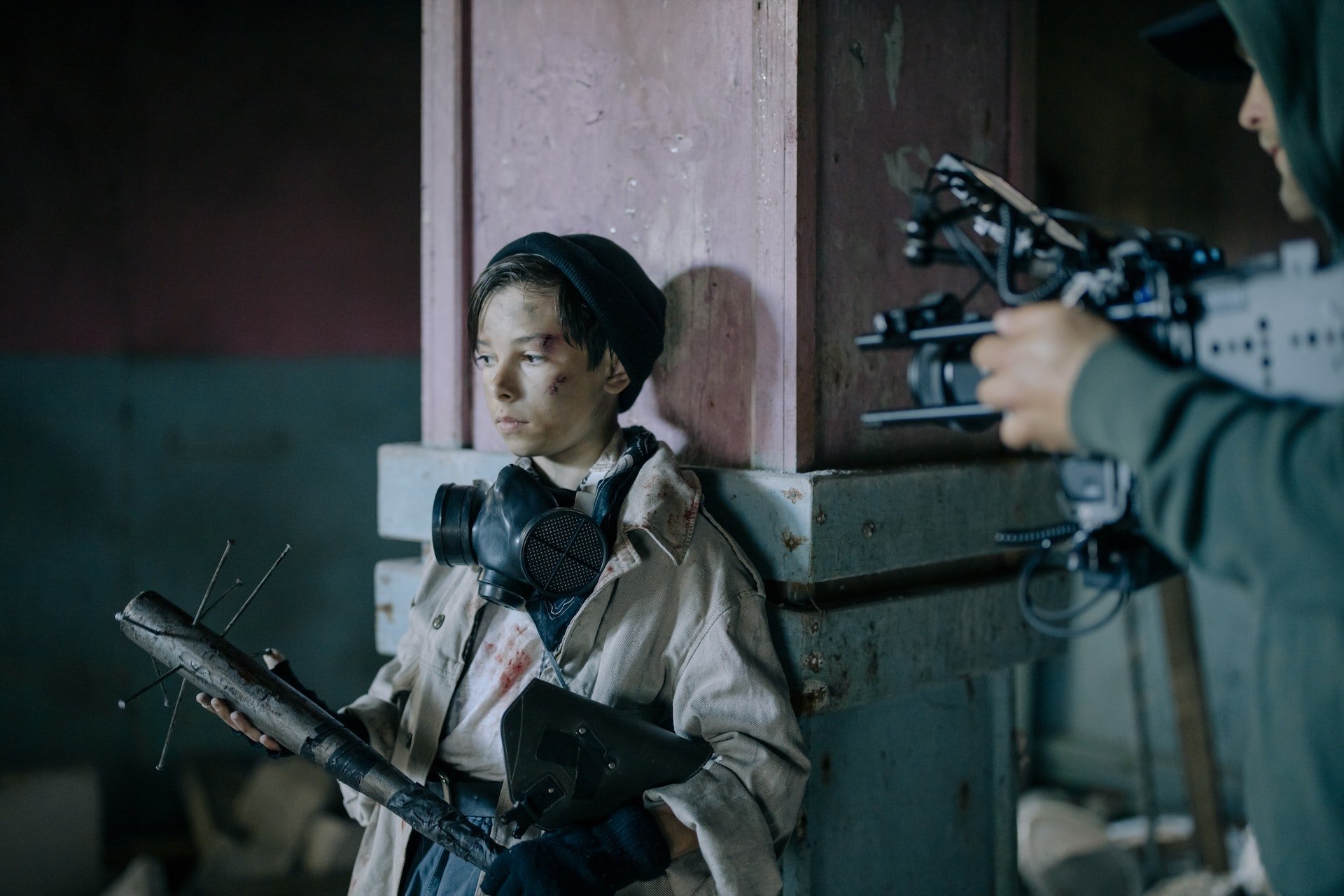Spice Up Your Story With Engaging Conflict
All stories need some kind of conflict; otherwise, they'll be meaningless! But not all conflicts are created equal: some will pull more readers than others. So let's dive into how conflict can spice up your script!
Confrontation
Conflicts are the main source of action in a story. They can be internal or external, between characters or within a single character, resolved or unresolved, physical or emotional. Use points of confrontation as pivotal moments of character development and plot development.
These confrontations don’t always have to end on a good note either, sometimes ending a confrontation on a bad note can be a great tool for deepening the plot and making readers/viewers love or hate certain characters more.
Breakthroughs
Breakthroughs are the moment a character realizes something. They can be pivotal turning points in a story. The most common type of breakthrough is internal: it happens when your protagonist suddenly understands how to defeat the Big Bad.
But there are other kinds of breakthroughs, too—for instance when your villain figures out what the protagonist’s weakness is or a supporting character becomes an antagonist when they allow their jealousy to turn into hate.
The point is that a breakthrough can be anything you need it to be—it just needs to be impactful and meaningful for the characters involved.
Conflict in a story is what pulls the reader through to the end.
You may know this already, but conflict is the main reason why people read a story or watch a film. If there’s no conflict, your script will be dull—and no one wants that!
Conflict can be internal or external; it doesn’t matter which you choose as long as it has meaning to your character(s). This can be used to create tension in their lives and keep them engaged with the plot. Internal conflict is usually something that causes a character pain or struggle (e.g., memories of surviving a nuclear apocalypse) while external conflicts are those that oppose their goals (e.g., out of control androids trying to kill them).
When used correctly, conflicts are essential for building tension and creating character development throughout your screenplay.
In the End
If you want to write a compelling story, conflict is your friend. It will hook your readers/viewers and create suspense. If you’re having trouble with your writing, look at it from another angle: What do you want the reader to think? How can you make that happen? Conflict is the answer!
Love these writing tips? Let us know. Send us a note and sign up for more updates here.
We’re here to build a place where experienced and new-to-the-scene screenwriters can get their projects noticed by a larger audience. And if the audience loves the story - that’s a whole different story.




